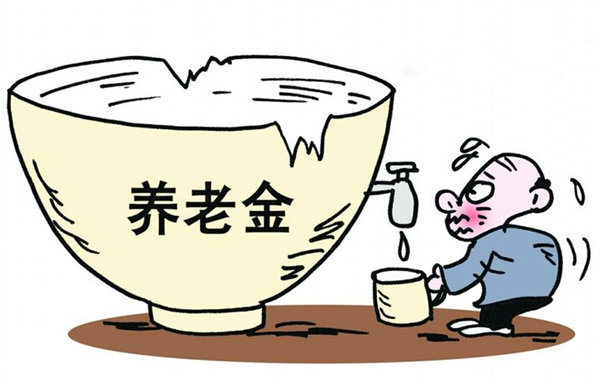Chinese have lowered their expectations on life after retirement for the first time since 2013, according to the recently released 2016 Chinese Retirement Readiness Index.
近日发布的《2016中国居民退休准备指数调研报告》显示,自2013年以来,国人对退休生活的预期首次降低,退休准备指数由去年的6.51下滑至6.0。
The index dropped from last year's 6.51 to 6.0. Those aged between 25 to 44 years, though supposed to be saving up for their own retirement life, are under extreme burden to provide for their children and parents.
本应该为自己的退休生活存钱的25-44岁群体正承受着抚育子女、赡养父母的巨大压力。
There is also a clear gap between people's positive expectations and inadequate preparations for the future.
人们的乐观预期与对未来生活的不充足准备之间也存在明显的鸿沟。

More than 60% of those polled picture themselves travelling or developing personal interests after retirement, while only 15.3% admit to saving for post-retirement life.
超6成受访者想像自己退休后可以旅游或发展个人爱好,但仅有15.3%的受访者表示正在为退休生活存钱。
Chen Bingzheng from the Economics and Management School of Tsinghua University attributed the gap to the people's weakened sense of responsibility and an undeveloped retirement plan, insufficient savings, and less confidence in having an ideal income.
清华大学经济管理学院的陈秉正认为,预期与准备之间存在鸿沟的原因在于人们的退休责任意识变弱、退休计划不完善、储蓄不足,以及对取得期望收入的信心下降。
The enterprises, which are contributing only 24 percent to peoples pension, should cooperate with commercial insurances and offer more guidance or service at earlier stage to employees on personal investment, said Chen.
陈秉正表示,在中国居民退休收入来源中企业占比仅为24%。企业应与商业保险合作,在员工个人早期投资上提供更多的指导和服务。













